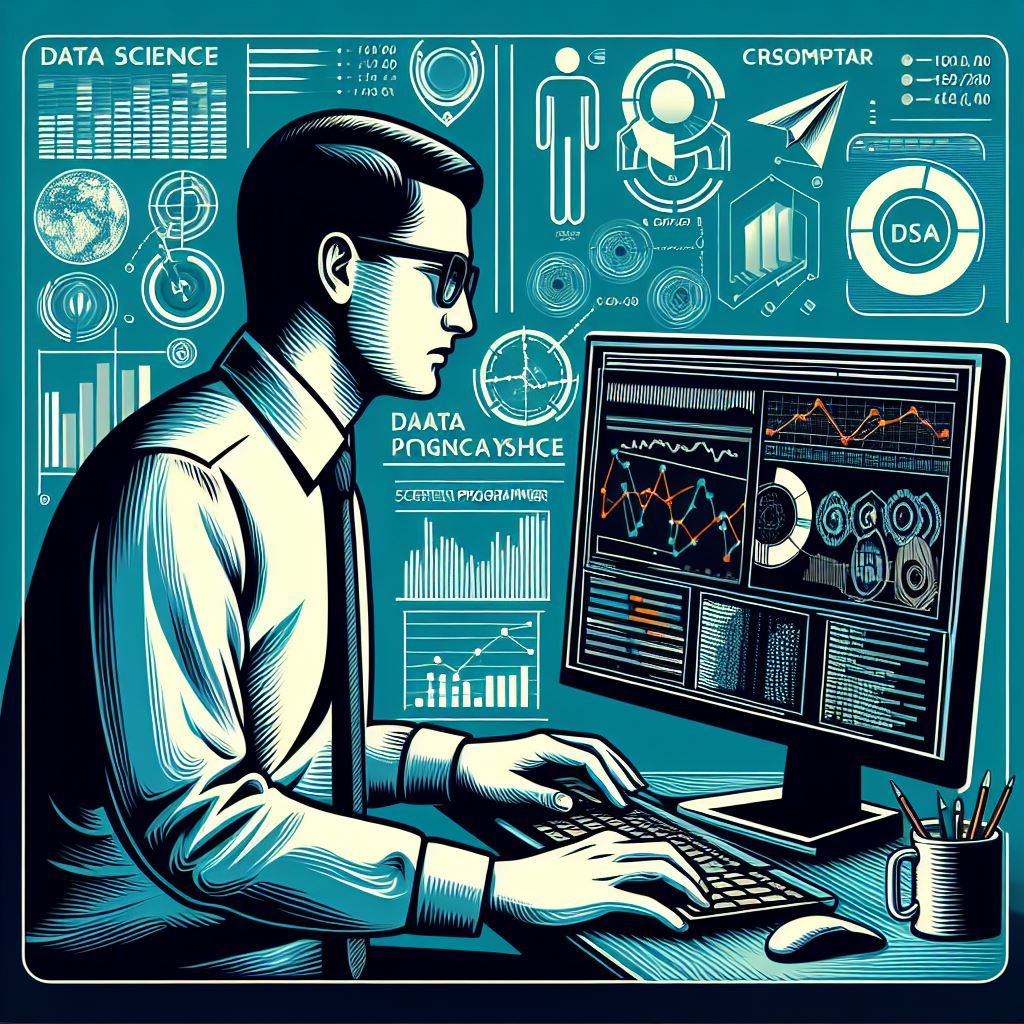In recent years, the automotive industry has witnessed a massive transformation, largely driven by advancements in data science. From self-driving cars to predictive maintenance, data science is playing an increasingly crucial role in shaping the future of transportation. By leveraging big data, machine learning algorithms, and sophisticated analytics, automotive companies are able to improve vehicle performance, enhance safety, and optimize the driving experience. This article explores how data science is revolutionizing the automotive industry and what it means for car manufacturers, consumers, and the future of mobility.
Predictive Maintenance and Vehicle Health
One of the most significant applications of data science in the automotive industry is predictive maintenance. Traditional maintenance schedules are based on fixed intervals, often leading to unnecessary repairs or missed opportunities to address potential issues before they become costly problems. By using sensors embedded in vehicles, data scientists can collect real-time data on factors such as engine temperature, tire pressure, and fluid levels. This data can then be analyzed to predict when certain parts are likely to fail or require maintenance, helping to minimize downtime and reduce repair costs. Predictive maintenance is not only cost-effective but also contributes to safer driving conditions by addressing issues before they lead to accidents.
Autonomous Vehicles and Machine Learning
Self-driving cars are arguably the most high-profile example of data science in the automotive industry. Autonomous vehicles rely heavily on machine learning and data analytics to make real-time decisions on the road. These cars are equipped with a range of sensors, including cameras, radar, and LIDAR, that constantly gather data about the vehicle’s surroundings. Machine learning algorithms process this data to understand traffic patterns, detect obstacles, and navigate complex roadways. The continuous learning process allows autonomous vehicles to improve their driving capabilities over time, making them safer and more reliable.
Personalization and Customer Experience
Data science is also transforming the way manufacturers approach customer experience. By analyzing user data, car manufacturers can offer more personalized features and recommendations, from seat adjustments based on a driver’s preferences to music and navigation settings. In-car infotainment systems are increasingly powered by AI, using data science to learn drivers’ habits and preferences over time. This ability to provide a customized driving experience not only improves consumer satisfaction but also enhances brand loyalty. As a result, car manufacturers are able to differentiate themselves in an increasingly competitive market by offering unique, data-driven experiences.
Connected Cars and Internet of Things (IoT)
The rise of connected cars is another area where data science is making a significant impact. Modern vehicles are equipped with a variety of connected technologies, ranging from GPS navigation systems to real-time traffic updates and emergency response features. These connected vehicles generate vast amounts of data that can be used to optimize traffic flow, reduce fuel consumption, and improve road safety. By analyzing this data, car manufacturers and cities can work together to create smarter infrastructure, such as traffic lights that adjust in real-time based on traffic patterns or vehicle-to-vehicle communication systems that alert drivers to potential hazards.
Data Science for Automotive Manufacturing
Beyond vehicle performance and consumer experience, data science is also streamlining automotive manufacturing processes. Advanced data analytics can be used to optimize supply chains, improve production efficiency, and reduce waste. For instance, data-driven approaches to inventory management can ensure that the right parts are available at the right time, minimizing delays in production. Additionally, machine learning algorithms can detect anomalies in the manufacturing process, allowing manufacturers to identify quality control issues early and make adjustments before they affect the final product.
The Future of Data Science in the Automotive Industry
Looking ahead, the role of data science in the automotive industry is expected to continue expanding. As the amount of data generated by vehicles and connected systems grows, the potential for innovation will only increase. From fully autonomous vehicles to smarter, more efficient manufacturing practices, data science will remain at the heart of the automotive revolution.
In conclusion, data science is fundamentally changing how cars are designed, manufactured, and used. By harnessing the power of big data and machine learning, the automotive industry is improving safety, efficiency, and overall customer satisfaction. As these technologies evolve, the future of mobility will be shaped by the continued integration of data science into every aspect of the automotive experience.
